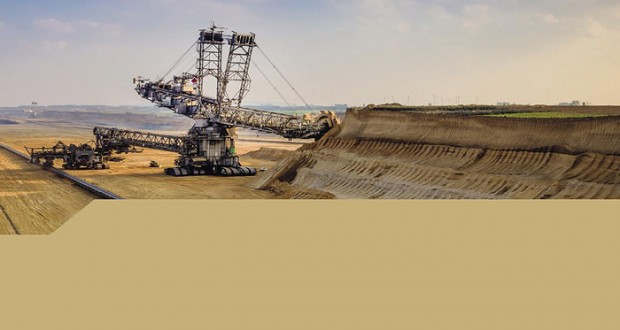In its paper on raw materials policy in the 21st century, the Federation of German Industries (BDI), Berlin, points out that, as an industrialised country and centre of high technology, Germany is especially reliant on a secure supply of energy resources and non-energy raw materials. In particular, the country can only achieve its climate policy objectives – above all the Energiewende (energy transition) – with innovative technologies that will increase the demand for raw materials in the future.
The BDI dedicates three extensive chapters to addressing each of the three pillars of raw materials policy: domestic extraction, sustainable use, and international markets. One of the BDI’s main demands is for policymakers, authorities and industry to work together on strengthening awareness of domestic raw materials extraction and on better communicating the fact that Germany is, in many respects, a country rich in raw materials. It holds up Saxony’s raw materials strategy as a good example of a plan with differentiated proposals for action, and suggests that other German states with large deposits of raw materials should develop their own strategies.
In the chapter on guaranteeing access to domestic deposits of raw materials, the BDI says that spatial planning activities should create the conditions that will pre-emptively secure raw materials over the long term. Deliberations linked to state planning should take equal account of environmental, economic and social concerns. The BDI also calls for continued adherence to Germany’s proven mining law. (BDI/FAB/Si)

